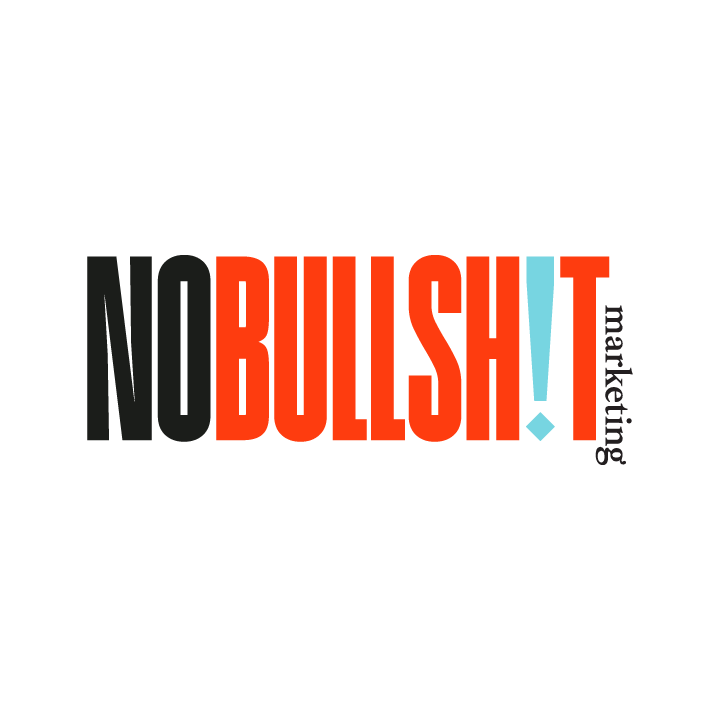Should You Host A Webinar?
Those who follow a lot of brands and businesses on social media have likely heard about webinars, and if you’re paying attention to marketing strategies, you might be wondering whether you should host a webinar yourself.
But before you go rushing to plan and announce your webinar, take a few minutes to consider what you want to cover and how you plan to promote it. More importantly, consider how it’s going to contribute to your brand image.
Webinars are popular for a reason: They are a great opportunity to network and learn.
But with that great popularity comes a downside: Everyone thinks they can host one. And let’s face it a webinar is going to take time and energy. Be sure you have enough of both to get started on this project.
Here’s what you should know before you host a webinar:
What is a webinar?
Webinars are online seminars (web + seminar…get it?). But in many cases, they’re more than just seminars. They can be networking events, workshops, presentations, demonstrations…the list goes on. In short, they are online events where people tune in for professional development.
Why are webinars so popular?
As the coronavirus pandemic forces more business operations to the online world, webinars have gained popularity because they’re one of the few models of networking and professional development that are still available. It’s just not realistic to hold an in-person professional event right now.
But even before the pandemic, webinars were gaining traction because they’re a lot easier to host and to attend than in-person events. There’s no need to set up audio-visual equipment or to even reserve space. People don’t have to factor in a commute time to be there, and anyone from outside your immediate area can tune in without the expense and hassle of traveling. There’s also no need for refreshments or swag bags or any of the other accoutrement hosts feel compelled to provide when people come to an in-person event.
What should people expect from a webinar?
A webinar’s format is pretty flexible, but in general, a webinar should…
Encourage active participation from attendees
Be personal rather than too aloof or formal
Be educational and centered on development and growth
Too many business owners have tried to host webinars where they encourage their followers to register and set aside time in their busy week only to realize that what was promoted as a webinar is really just a chance for the host to promote a new product or talk themselves up. Save that kind of self-promotion for other formats.
Are there specific topics my webinar should cover?
Your webinar should be focused on how you can help your attendees. How can they grow or develop? In what ways will they log off of your webinar as stronger business professionals than they were when they logged in? Start by considering a problem or shortcoming they have and figure out how you can provide a solution to it:
Is there an area of your industry you want to explain to them?
Do you want to help them broaden their network by connecting with others in your industry?
Are you trying to train them or help them develop a new skill set?
The problem-solution format works best, but don’t forget: The solution is your knowledge or insight, not your product or service. You can always add a shameless plug or call to action at the very end, but remember that people didn’t register for your webinar to be solicited.
What format should my webinar follow?
Your format is flexible. Some webinars are lectures or extended Q&A sessions. Some webinars are interactive workshops. Others take a multicomponent approach and combine a little bit of everything.
Just remember that the more dynamic it is, the better engagement you’ll get. If it’s just an extended period of you or a guest speaker delivering some long, drawn-out presentation, people might get bored. Offer interaction in the form of Q&As or breakout rooms. You can also keep things interesting by incorporating slideshows, screen sharing, demonstrations, and video or audio clips.
While there’s no hard and fast rule about how long your webinar should be, the 60-minute mark is a safe bet. Any shorter and people will feel as if it was unsubstantial. Any longer and they might feel as if it took too much of their time.
My first webinar wasn’t very successful—should I give up on the idea of holding one again?
Not necessarily. As with other parts of business, there’s a learning curve. But it’s important that you address problem points right away before you get a reputation for holding boring or less than valuable webinars. Otherwise, you’re going to have trouble building your audience as you move forward. Figure out which aspects of your event worked and which ones didn’t. It doesn’t hurt to send a follow-up email to your attendees. Thank them for participating and accept their feedback. They might make recommendations that you didn’t even consider!
Planning to hold a webinar? Ann’s Social Media & Marketing can help you promote it. Get started by calling 443-679-4916 or emailing ann@asmmdigital.com.

